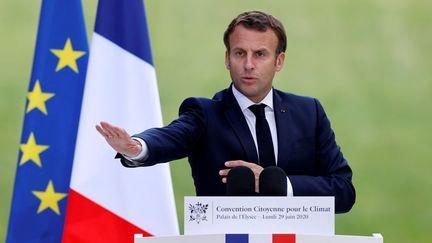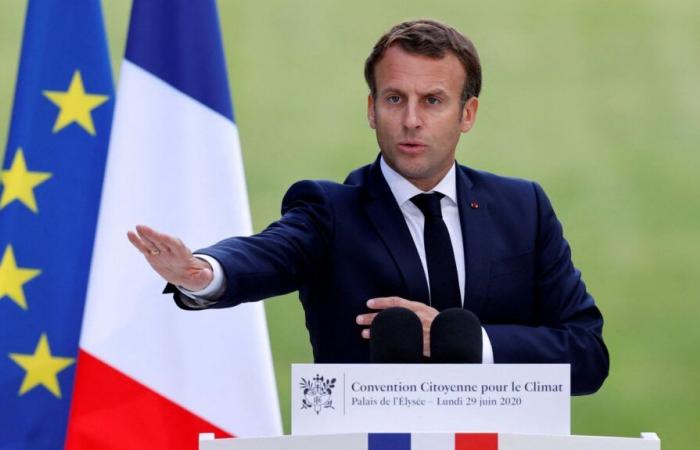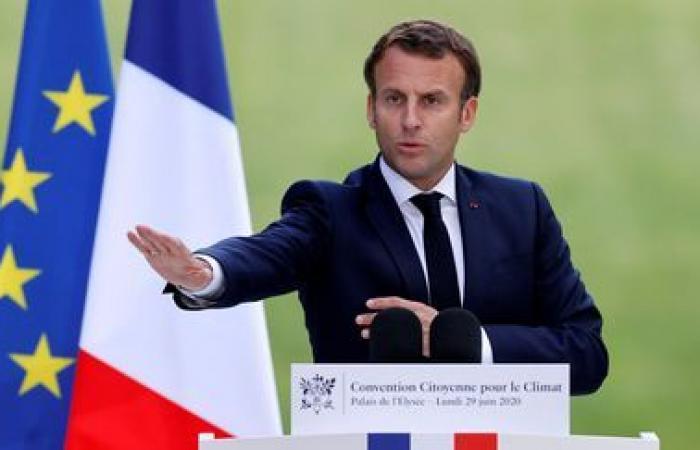
The President of the Republic wants this convention, whose contours he unveiled on Friday in “Le Parisien”, in particular looks at the issue of school rhythms.


Published the 02/05/2025 18:38 Updated the 02/05/2025 18:48 Reading time: 2min

The President of the Republic Emmanuel Macron will launch a new citizen agreement, the third since his coming to power in 2017, from June, on the theme of education, learned Franceinfo to the Elysée, Friday, May 2, confirming information from the newspaper The Parisian. This citizen convention will last “At least until the fall”said the Elysée in Franceinfo.
-After the Citizen Climate Convention (2019-2020), then that on the end of life (2022-2023), Emmanuel Macron wants citizens to be drawn again to look at the issue of school rhythms, the duration of school days, the time of entry or even on the question of the duration of the holidays for schoolchildren. It is the Economic, Social and Environmental Council (EESC), commissioned by the Prime Minister, which will organize the debates.
“It seems necessary to me that we are working to ensure that the organization of our students’ days is more favorable to their development and learning, that a balance is also found to facilitate the lives of families”declares to Parisian-today in France Emmanuel Macron this Friday evening.
“The Citizen Convention seemed to me to be the most suitable French consultation tool, because it is a very complex question that will require many consensus between all those who are affected by this vast subject, such as parents, the educational community including extracurricular, local authorities and even tourism professionals”adds the head of state to the daily life. “It is the future of the nation that is forged in our schools”continues the president.
The most notable citizen agreement is that for the climate (2019-2021), where 150 citizens drawn by lots have made proposals to reduce greenhouse gas emissions by 40% by 2030. Another similar initiative is the citizen agreement on the end of life (2022-2023), which brought together 185 citizens to discuss access to palliative care and a possible legalization of euthanasia or assisted suicide. These conventions seek to strengthen participatory democracy, although their recommendations have not always been fully followed by the government.








